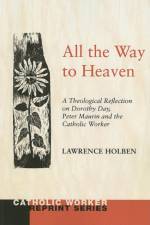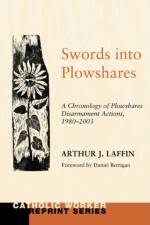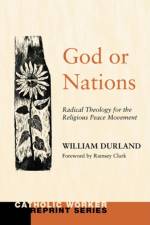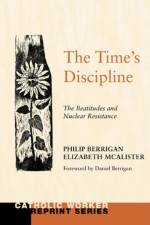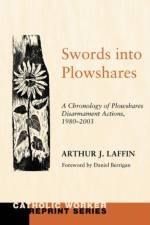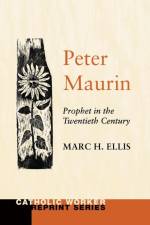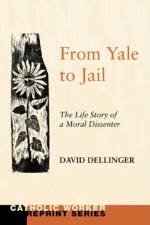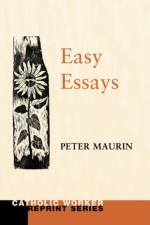av William Durland
501
The difficulty in realizing that a truth beyond culture exists is perhaps the greatest single barrier to the life of love. Our culture is permeated by violence, militarism, materialism, patriotism to nation right or wrong, the supremancy of force, racism, sexism. Most people, seeking approval of their peers, never see how destructive these false values are. Here you are challenged to be dissatisfied with this cultural reality; to resist custom, habit, tradition, mores, social environment, even heredity; to act on your own conscience, to reform reality, to return good for evil, to love your enemy, to serve the oppressed.William Durland is an author, lawyer, and theologian, and former member of the Virginia State Legislature. William has practiced in the areas of International, Constitutional, and Military law with an emphasis on human rights and civil liberties for more than 40 years. Durland also has had a long history in education, teaching in the areas of Philosophy, History, and Government, at Purdue University, Villanova University, the University of Notre Dame, and in the Colorado Community College system. He also taught peace and justice courses at Pendle Hill Quaker Study and Contemplation Center from 1985-1988

